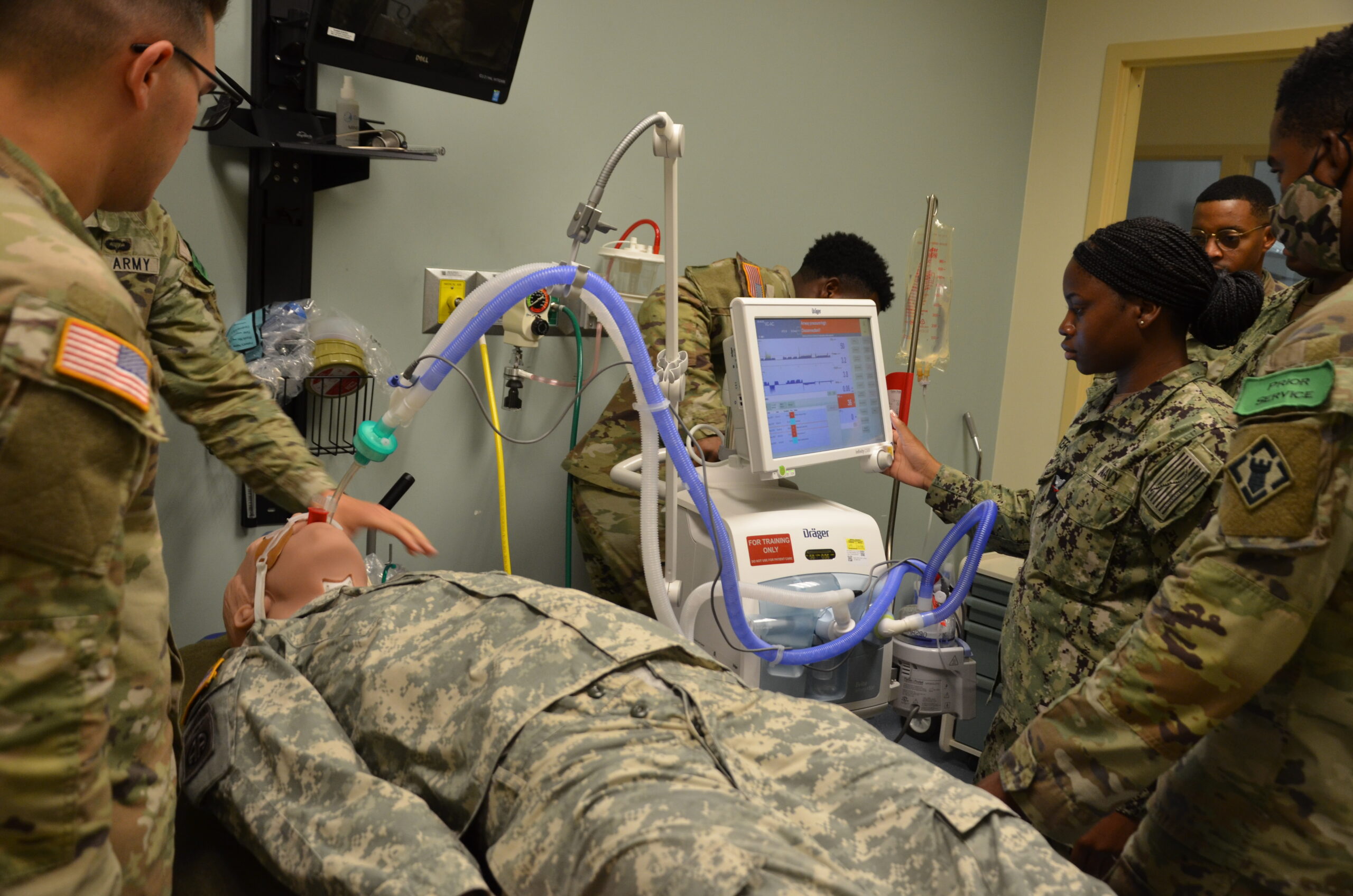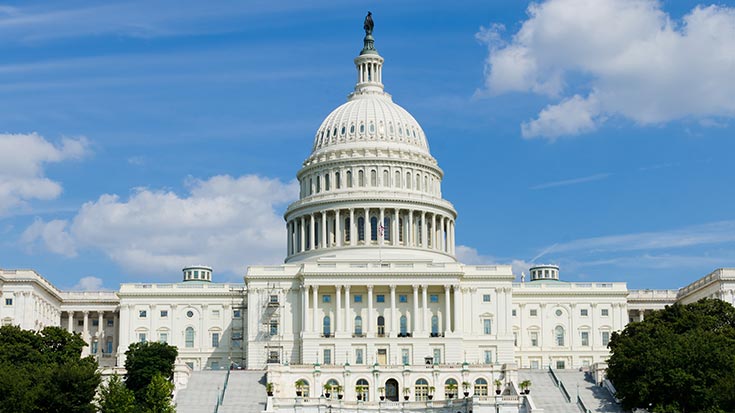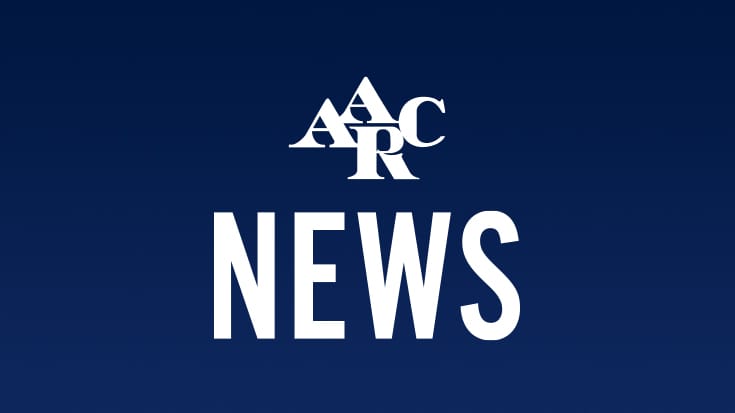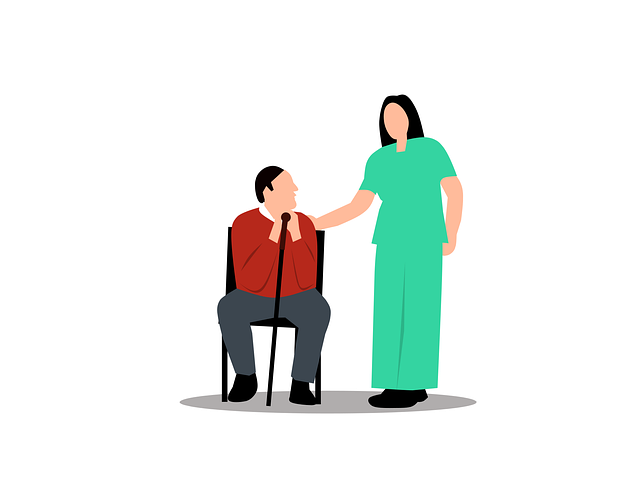
Before beginning our advocacy wrap up, the AARC Government Affairs team applauds our members and respiratory therapists everywhere for their dedication and fortitude in what has been one of the most difficult tasks facing them in their career – treating individuals with COVID-19. Many lives have been saved by their expertise in ventilator management and skills in addressing acute and chronic respiratory disease. Thank you for a job well done and one that went beyond anyone’s expectations.
Legislation
Each year, the AARC advocates for legislation that can impact the respiratory care profession. Because of the challenges respiratory therapists face on the frontline during the pandemic and the long-hours and continued stress they face every day, we made a conscious effort to limit our grassroots activities in 2021 that directly involved our members and state affiliates. Nevertheless, our Government Affairs team, working with our consultants at CRD Associates, continue to advocate at the federal level by collaborating directly with Congressional staff and committees of jurisdiction on the bills we support.
Virtual Advocacy Campaign
- Our Political Action Contact Team (PACT) successfully navigated our first virtual advocacy campaign in late April and May to gain co-sponsorship of the Creating Opportunities Now for New and Effective Care Technologies (CONNECT) for Health Act and the Allied Health Workforce Diversity Act (AHWD).
- Over 40,000 emails, 1,800 tweets, and 99 Facebook shares were sent to Congress by 5,000 advocates.
- Over 120 virtual meetings were held, with after-meeting reports indicating broad support for our legislative initiatives.
CONNECT for Health Act (H.R. 2903/S. 1512)
- The CONNECT for Health Act would improve access to respiratory therapists to provide telehealth in innovative payment models being tested by the Centers for Medicare & Medicaid Services (CMS).
- As of December 20, there are 116 House cosponsors and 61 Senate cosponsors.
- AARC sent letters to the leaders of the Congressional committees of jurisdiction requesting provisions in the CONNECT for Health Act to improve access to respiratory therapists via telehealth be included in any year-end legislation.
- We have learned from Democrats and Republicans that the telehealth provision most likely to advance in the short-term is an extension of the public health emergency (PHE) flexibilities. This will allow time to develop a comprehensive telehealth package.
Allied Health Workforce Diversity (AHWD) Act (H.R. 3320/S. 1679)
- The AHWD Act would help recruit, enroll, and retain students from ethnic and racial minorities, disadvantaged backgrounds, and those with disabilities in accredited respiratory care programs.
- As of December 20, there are 42 House cosponsors and 3 Senate cosponsors.
- The bill has gained ground through hearings and markup held by the Health Subcommittee of the Energy & Commence (E&C) Committee and was recently approved by the full committee. The House is expected to vote on the bill in January 2022.
- AARC and our allied health partners held a fundraiser on December 1, 2021, for Rep. Markwayne Mullin (R/OK), an original sponsor of the bill. He provided important testimony during the E&C committee hearings and markup and is expected to be an ally when the House takes up the legislation early next year.
House Resolution
- During National Respiratory Care Week, October 24 – 30, AARC successfully worked with Rep. Jamie Raskin (D-MD) to introduce a bipartisan Resolution recognizing the outstanding contributions of respiratory therapists in patient care.
Telehealth
During the PHE, AARC strongly advocated for respiratory therapists as experts in respiratory care to provide telehealth services. Letters were sent to Congress, the Administration, and the Centers for Medicare & Medicaid Services (CMS).
- We were successful in CMS acknowledging that respiratory therapists could provide telehealth incident to the services of an eligible billing practitioner during the PHE.
- Codes for ventilator management, demonstration/evaluation of inhaler techniques, and pulmonary rehabilitation were added to the physician fee schedule list of covered telehealth services.
- Pulmonary rehabilitation will remain on the list through December 31, 2023, to allow providers to collect data on services provided in the office/clinic setting that could lead to permanent placement on the list.
Collaboration
Since the beginning of the pandemic, the AARC has expanded its visibility and the role of respiratory therapists among public health organizations, medical societies, and others resulting in collaboration on a variety of topics through joint sign-on letters to Congressional leaders, Administration officials, government entities, and others. Some examples include the following:
- Opposed acquisition by Philip Morris International of a United Kingdom manufacturer of inhalation drugs and devices.
- Urged the President’s COVID-19 Response Team to address oxygen shortage issues that presented in the early days of the pandemic.
- Urged the Food and Drug Administration to take prompt action to prohibit menthol cigarettes and other non-tobacco flavored tobacco products, including e-cigarettes and cigars.
- Requested reforms in the Administration’s budget reconciliation package to reduce Medicare Part D out-of-pocket drug expenses that can impact individuals with chronic respiratory conditions.
- Urged all Governors to maintain and expand licensure flexibilities for the duration of the PHE and to reinstate them if they have expired or implement new ones. Many states lifted restrictions that have improved access to respiratory therapists.
- Partnered with over 175 organizations on the COVID-19 Vaccine Education & Equity Project and encouraged respiratory therapists to relate their experiences in getting vaccinated and why it is important.
- Joined over 100 organizations encouraging Congressional leaders to include a significant, long-term investment in the public health infrastructure and workforce in any forthcoming legislation.
Supplemental Oxygen
In September, CMS finalized revisions to its national coverage policies related to home use of supplemental oxygen and oxygen used for cluster headaches. AARC, together with other pulmonary organizations, supported the changes in comments to CMS. A recap of key changes, which were noted in an earlier AARC Newsroom article include the following:
- Expanding coverage to include acute respiratory conditions, e.g., long-haul COVID patients.
- Removing “try and fail” alternatives prior to receiving supplemental oxygen.
- Replacing “chronic stable state” with “time of need” to allow the treating practitioner to determine when oxygen use will improve the patient’s condition.
- Eliminating the Certificate of Medical Necessity (CMN) as burdensome.
Pulmonary Rehabilitation
American Thoracic Society (ATS) Pulmonary Rehabilitation (PR) Workgroup
As a member of the ATS PR Workgroup, AARC promoted advantages of PR to “Live Better and Live Longer” during World Health Day to increase awareness and utilization of this valuable program and to improve access for individuals with Chronic Obstructive Pulmonary Disease.
New CPT Codes for PR
As advisor and staff to the AMA’s CPT Editorial Panel, AARC supported the addition of two new CPT codes for PR which replace G0424, effective January 1, 2022, and are paid separately under the physician fee schedule. They are:
-
- CPT 94625 – Physician or other qualified health care professional services for outpatient pulmonary rehabilitation; without continuous oximetry monitoring (per session)
- CPT 94626 – with continuous oximetry monitoring (per session)
- In the hospital outpatient setting, CMS has placed the new codes in the same Ambulatory Payment Classification (APC) grouping as in previous years.
- AARC advocated for the codes to be placed in the same APC as cardiac rehabilitation due to similarities among the programs. CMS acknowledged they would review the issue in conjunction with their annual updates.
Changes to PR Coverage
AARC supported changes and expansion of PR as outlined by CMS in its proposed and final physician fee schedule updates for calendar year 2022.
- Effective January 1, 2022, PR is covered for beneficiaries who have confirmed or suspected COVID–19 and experience persistent symptoms that include respiratory dysfunction for at least 4 weeks. A positive COVID–19 test and prior hospitalization are not required. The 4-week period may begin with symptom onset.
- The requirement for the physician to have monthly “direct patient contact” has been removed as overly burdensome. Since patients are seen by PR staff and their progress tracked at each session, it is expected that staff, including respiratory therapists, can identify the need for direct physician-patient contact as appropriate.
Virtual Delivery of PR
- Virtual pulmonary rehabilitation services can be provided in an outpatient’s home during the PHE as part of CMS’ Hospitals Without Walls waivers.
- During the PHE, CMS also expanded the option for the direct physician supervision requirement for cardiac and pulmonary rehabilitation to allow the physician’s virtual presence using real-time, interactive audio/video communications technology.
- AARC and others advocated to make this provision permanent to improve access for patients who live in rural areas and are not able to travel to the hospital to receive services.
This summary is a snapshot of some of AARC’s noteworthy advocacy efforts during 2021. We are committed to working with other pulmonary and patient groups to promote the value of respiratory therapists and the significant contributions they make every day as leaders in patient care for individuals with chronic respiratory disease. In the new year, we will continue our legislative initiatives and advocacy efforts to focus on telehealth, diversity, oxygen access and improved utilization of pulmonary rehabilitation.
Wishing you all a Safe and Healthy New Year!
Email newsroom@aarc.org with questions or comments, we’d love to hear from you.













